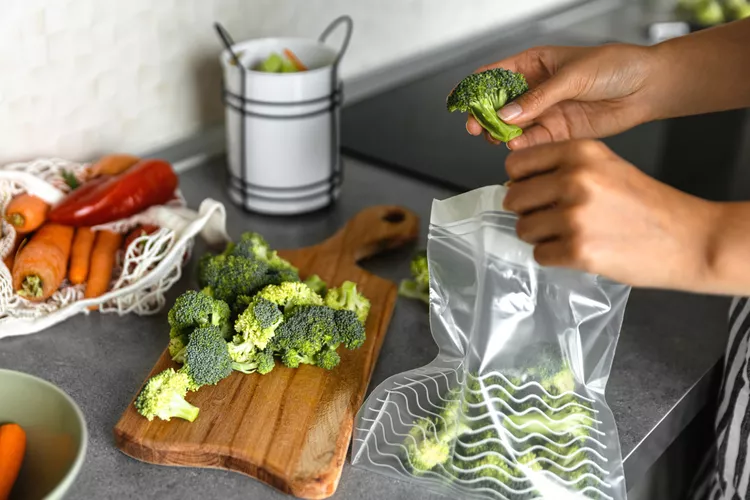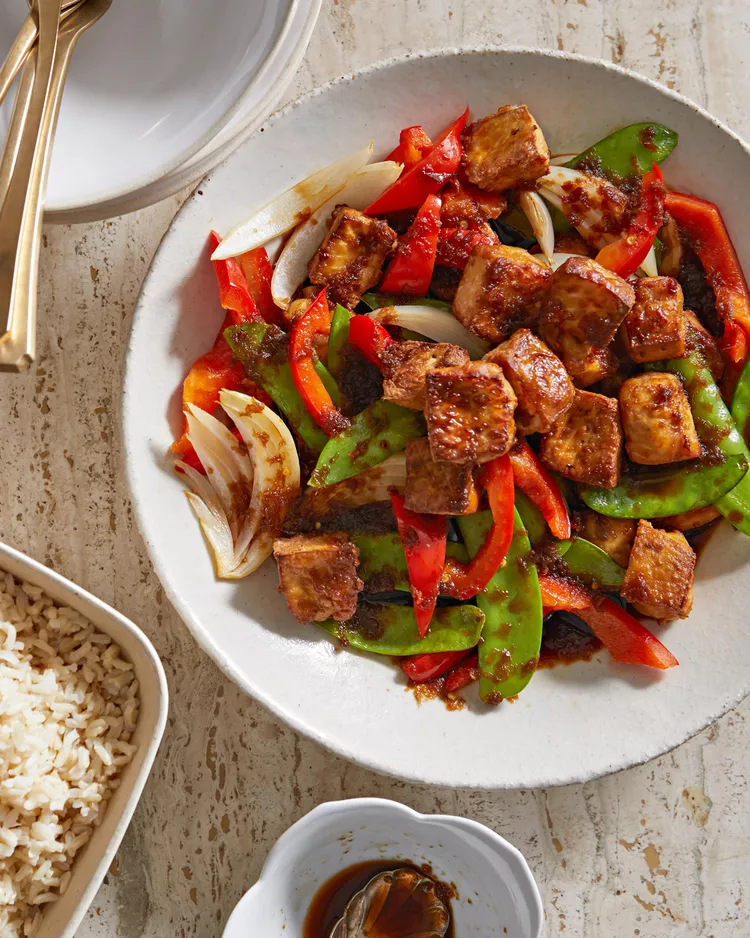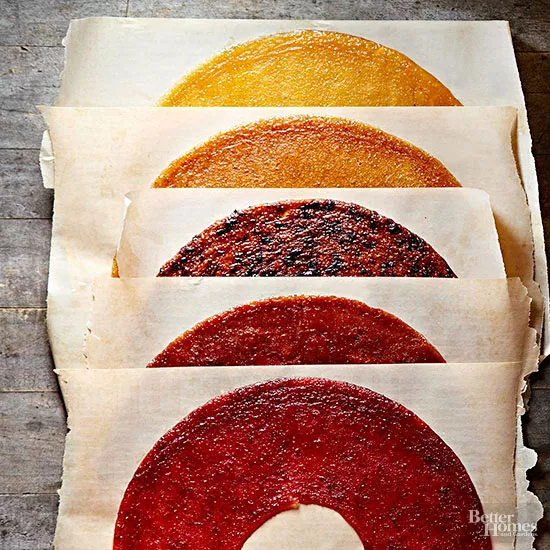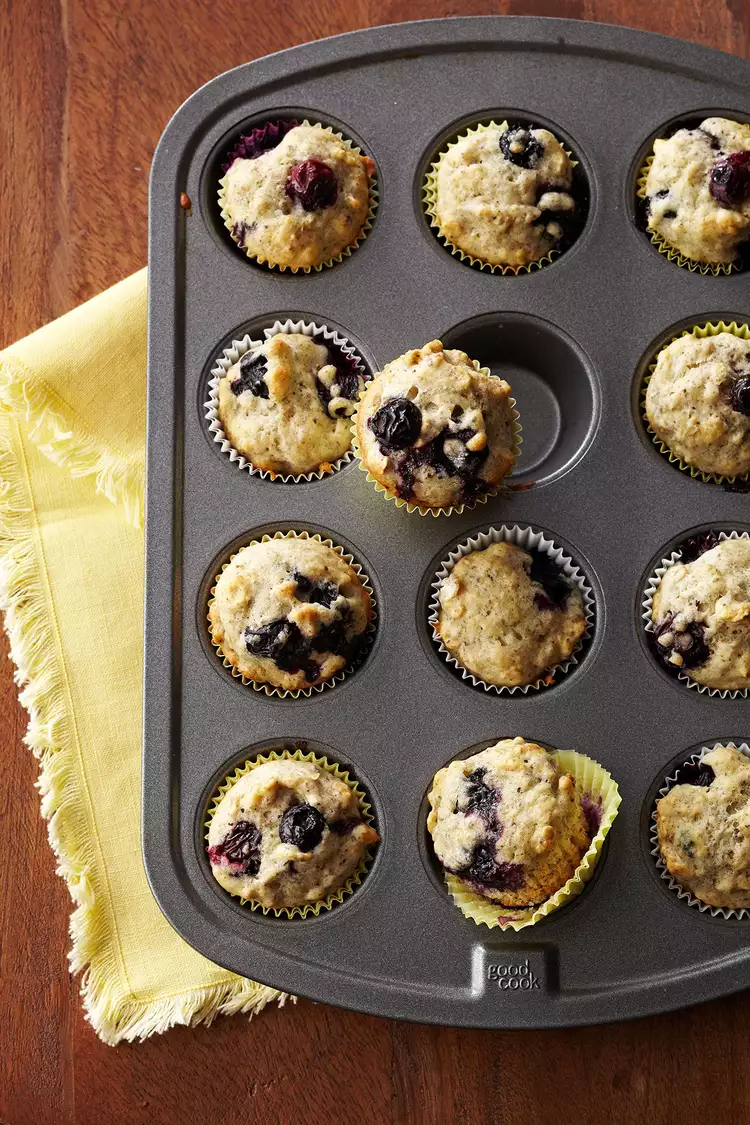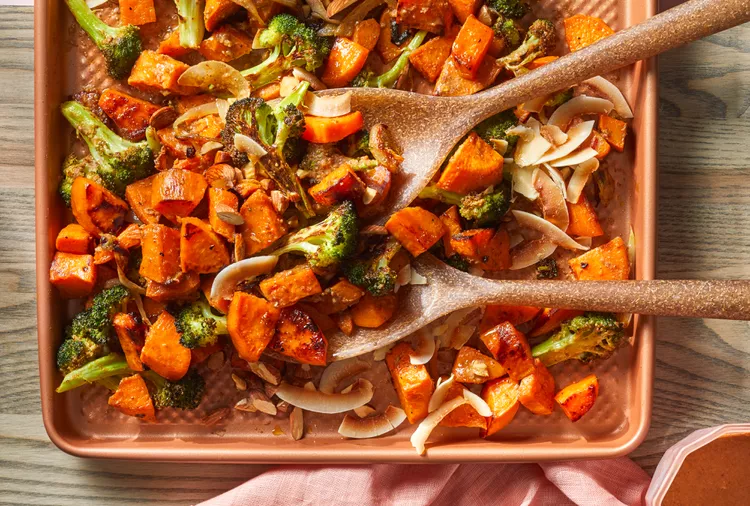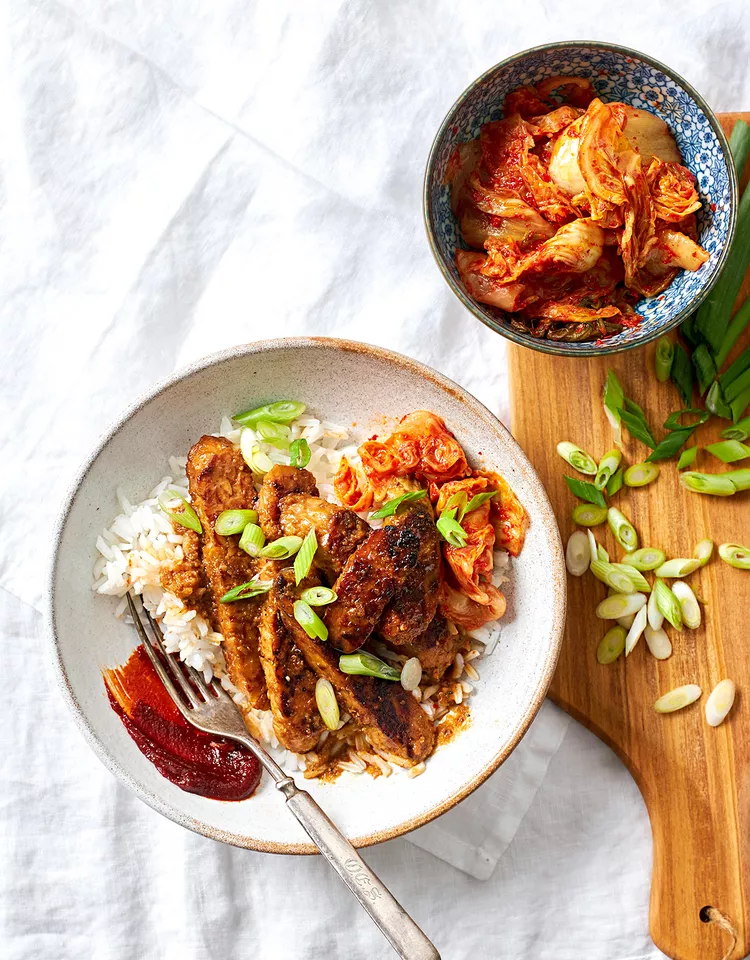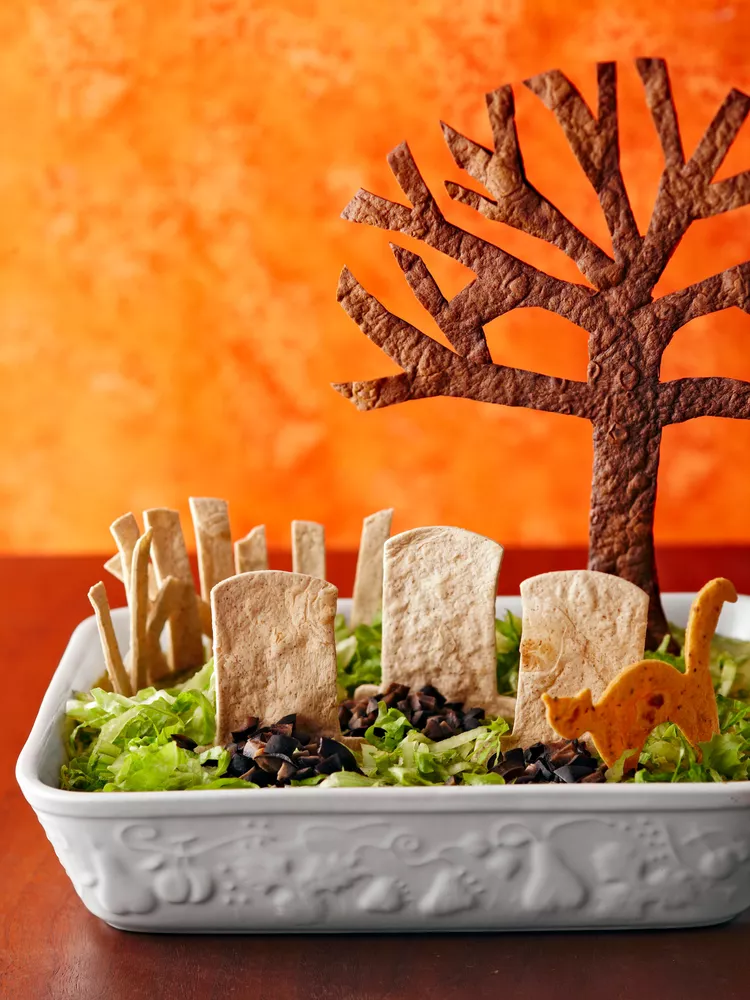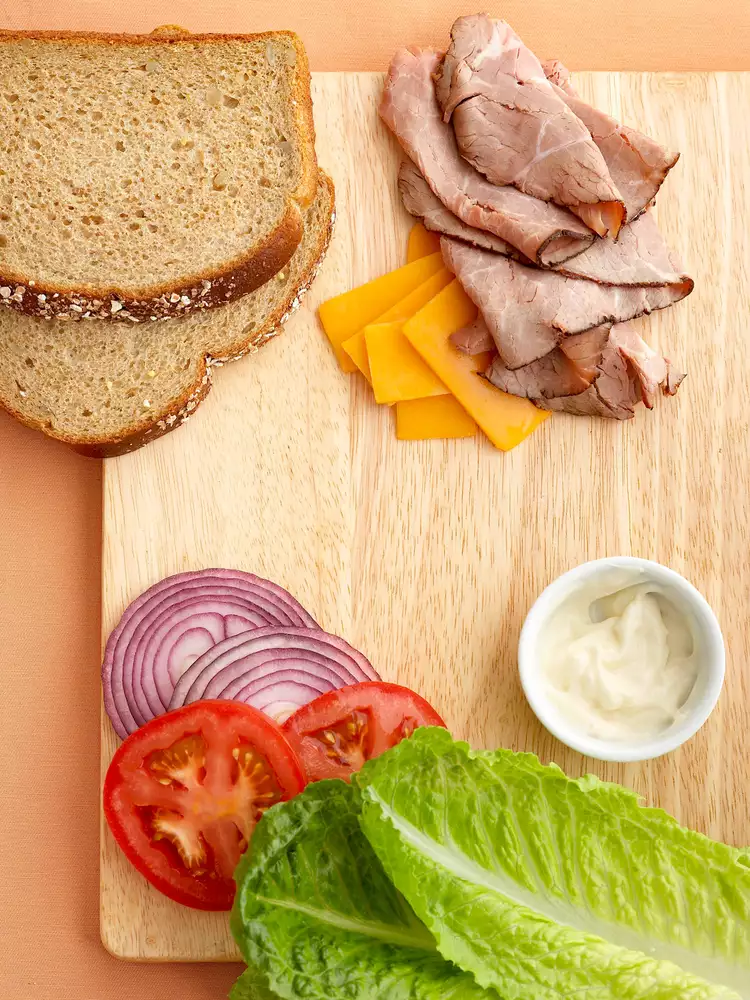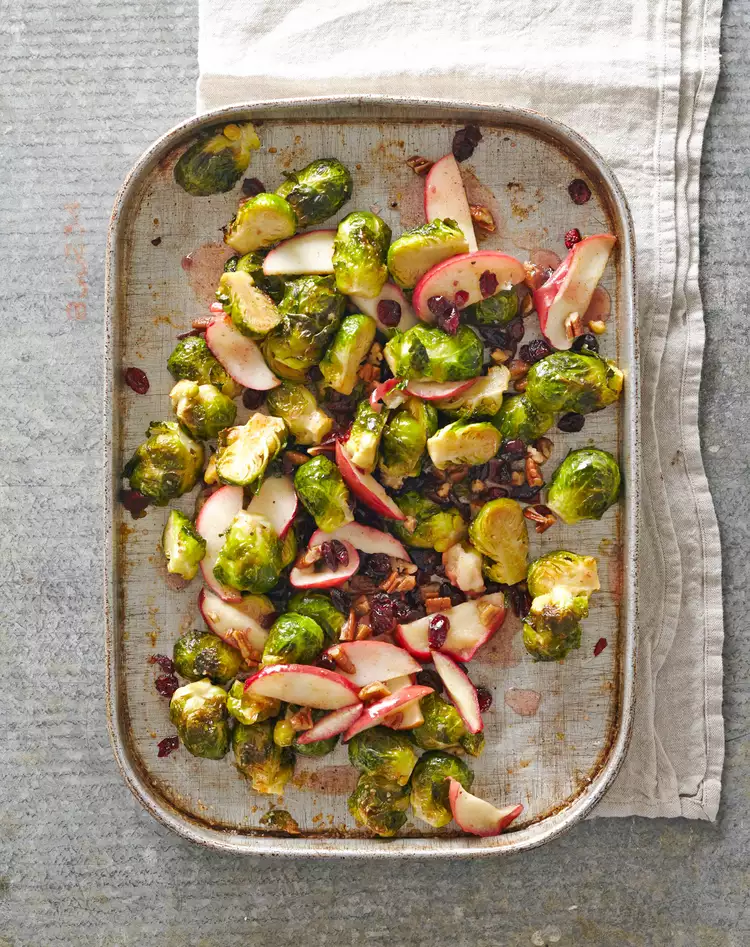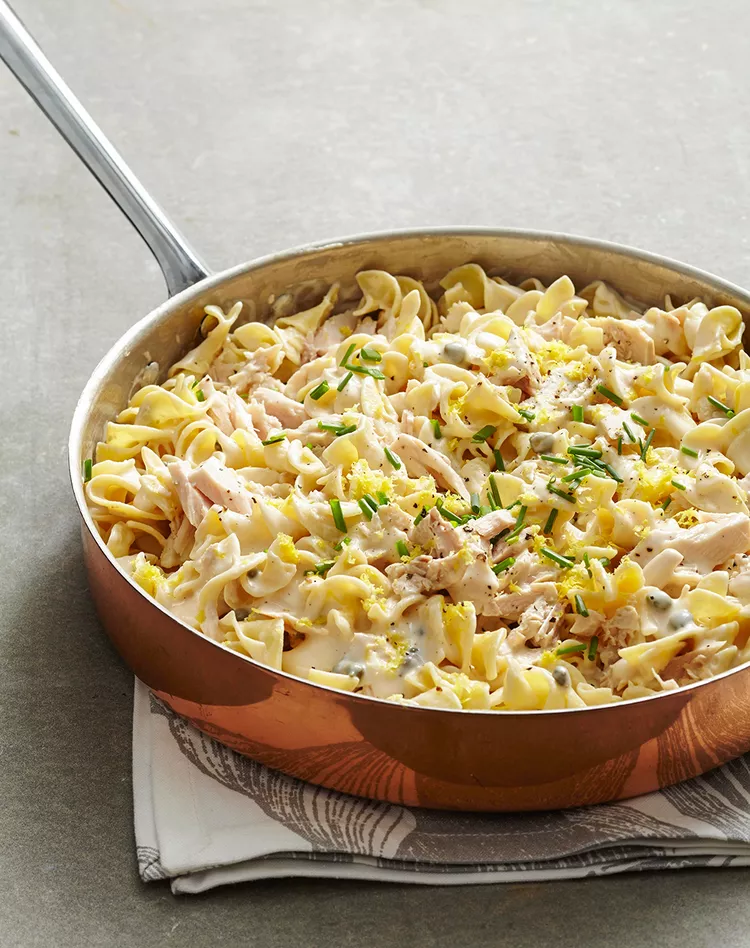For many kids, “eat your broccoli” sounds like more of a threat than an invitation. But for a growing number of adults—at least, if we can use the growing traffic numbers to the broccoli recipes in our archives—it’s a treat to take that familiar advice literally.
Regardless of when or how you get your dose of this delicious, versatile cruciferous veggie, it’s best to start with crisp and green broccoli (rather than the sad, wilted kind you may have found in your crisper drawer a week too late). To help you maximize the crisp, quality lifespan of your bunch, we tapped our Test Kitchen to share their secrets for how to store broccoli.
- Sarah Brekke, M.S., Better Homes & Gardens Test Kitchen brand manager
How to Choose Broccoli
Broccoli (Brassica oleracea var. italica) is a winter vegetable in the U.S. Peak season for broccoli is October through April, although most supermarkets stock broccoli year-round in full bunches and in bags of refrigerated or frozen florets. Many grocery stores also now carry broccoli rice, which can be used like cauliflower rice.
As part of the brassica (aka cruciferous) vegetable family, broccoli is a cousin to cabbage, kale, Brussels sprouts, cauliflower, and romanesco. It’s very similar to the latter two, and just like with cauliflower and romanesco, both the stalks and florets of broccoli are edible.
When selecting fresh broccoli, look for firm stems that carry dark green florets with tight buds.
How to Store Broccoli 3 Ways
As you’re considering how to store broccoli, it’s helpful to keep in mind that you have a few options. You can keep it in the fridge or you can freeze it as the vegetable itself or freeze it incorporated into a recipe. As soon as you think you might not be able to polish off the fresh broccoli when it’s at its best, consider following the freezer instructions below ASAP. (Each day you delay will reduce the quality and the nutrition of the vegetable.)
How to Store Broccoli in the Refrigerator
Store fresh heads of broccoli in the refrigerator in a package or container that allows for adequate air flow, advises Sarah Brekke, M.S., Better Homes & Gardens Test Kitchen brand manager.
“The original produce bag from the store is fine, just as long as it isn’t tied or sealed,” she says.
Broccoli is one of several produce items that are sensitive to ethylene gas, which is naturally emitted by some fruits and vegetables (including apples, avocados, pears, and peppers), and speeds up the ripening process of any sensitive produce picks in their vicinity. Since this is the case, “it’s best to store broccoli in a crisper drawer and away from other fruits and veggies,” Brekke recommends.
If you purchased broccoli florets, keep them in the bag they’re sold in, if it’s sealed, or transfer them to a loosely-covered food storage container. Keep a sharp eye on florets, as “they tend to spoil a bit faster than whole heads,” Brekke says.
When stored properly, fresh broccoli should last about 5 to 7 days in the refrigerator (depending on its age when you bring it home).
How to Store Broccoli in the Freezer
If you don’t believe that you can finish all of the florets in a week, put it on ice.
“Broccoli freezes beautifully, and can be used in casseroles, stir-fries, quiches and frittatas, pasta dishes, soups and stews, or even eaten as-is after cooking,” Brekke says.
To freeze broccoli:
- Using a chef’s knife, trim about 1 inch from the bottom of the stem. Discard or compost that portion, as it’s often dry. Remove any leaves or tough skin on the stalks, then slice through the top of the stalk to separate the florets. Chop the stalk into 1-inch pieces (or your desired size and shape), then cut the head of broccoli into individual florets.
- Transfer the cut broccoli to a colander and rinse under cool running water. Using your hands, gently agitate the pieces around to ensure each piece is able to be rinsed.
- Bring a saucepan of water to boil, then cook the clean broccoli for 3 minutes. In the meantime, fill a large bowl mostly two-thirds of the way to the top with ice water.
- Using a slotted spoon, transfer broccoli to the bowl of ice water, and allow the pieces to cool completely.
- Dry broccoli pieces thoroughly with paper towels or a salad spinner.
- To a parchment paper- or waxed paper-lined baking sheets, add the blanched broccoli in a single layer.
- Freeze at least 4 hours or until frozen solid, then transfer the frozen broccoli to zip-top freezer storage bags. Press out as much extra air as possible, seal, then label with the name and date.
- Store in the freezer for up to 6 to 8 months.
If you opt to freeze broccoli, there’s no need to thaw it before use. Feel free to add it to your cooked broccoli recipes straight from the freezer. Avoid using frozen broccoli in raw recipes, such as salads or crudités platters.
Test Kitchen Tip: For best results when roasting frozen broccoli, place the florets on a parchment paper-lined sheet pan, at 400°F for 30 minutes. After the first half hour, toss it with olive oil, salt, and any other herbs or spices you’d like. Roast for 10 minutes more. The 30-minute headstart allows the extra moisture to evaporate so you'll be left with delightfully charred vegetables that are crunchy rather than soggy (which is a common issue when reheating frozen vegetables of all kinds!).
How to Store Broccoli in the Freezer as Part of a Recipe
Future you will thank current you if you freeze your broccoli already assembled into a recipe. We have a handful of make-ahead broccoli recipes that freeze well for up to 3 months, including:
- Orange-Rosemary Shrimp
- Parmesan Chicken and Broccoli
- Copycat Panera Broccoli Cheddar Soup
- Make-Ahead Korean-Inspired Chicken with Broccoli
When to Wash Broccoli
If you selected the fresh, refrigerated path from our how to store broccoli options above, no need to do any prep in advance. Ideally, hold off on rinsing and slicing it until you plan to enjoy the broccoli.
“Wash broccoli just before using it. Excess moisture accelerates the deterioration,” Brekke says.
Here’s a refresher on how to clean broccoli 3 easy ways when you’re ready to proceed.
How to Tell if Broccoli Has Gone Bad
Frozen broccoli won’t really spoil, but it will be at greater risk for ice crystals and freezer burn after the 8- to 12-month mark.
The following features are signs that your fresh broccoli is starting to spoil:
- Foul odors
- Soft stalks or florets
- Dark stalks or florets
- Excess moisture
- Wrinkling stalks
- Dry florets
If you detect any of these potential signs of spoilage, discard or compost the rest.
